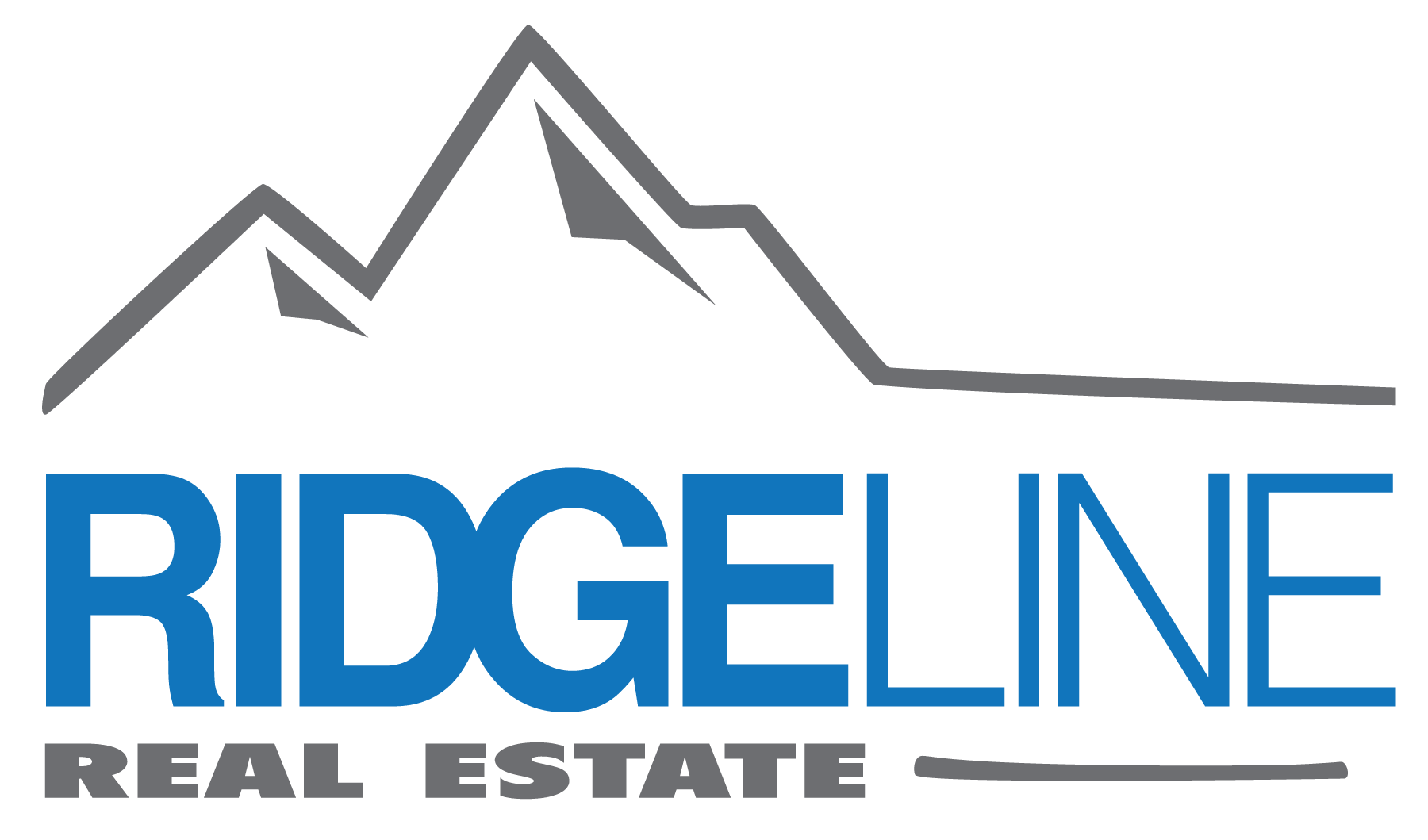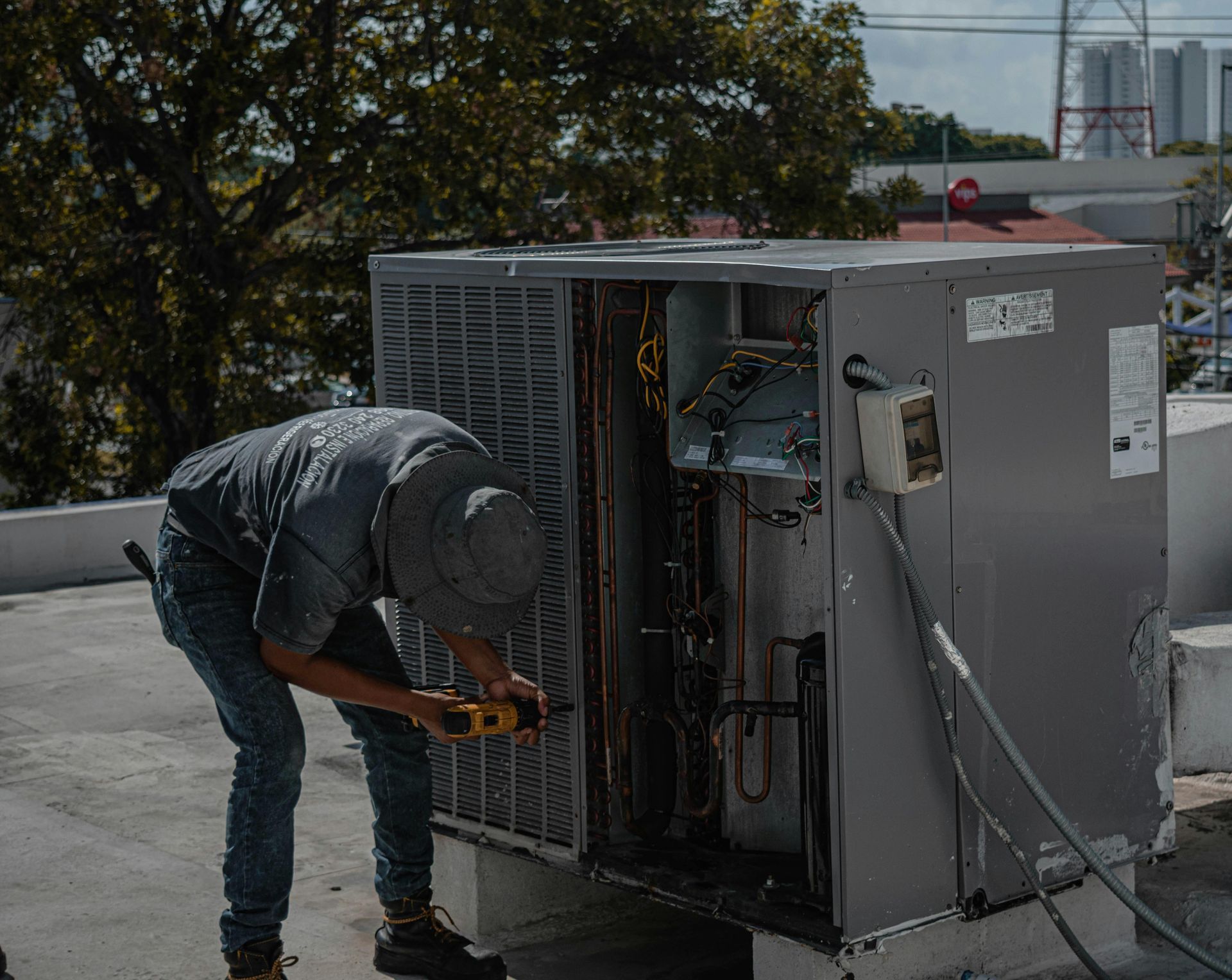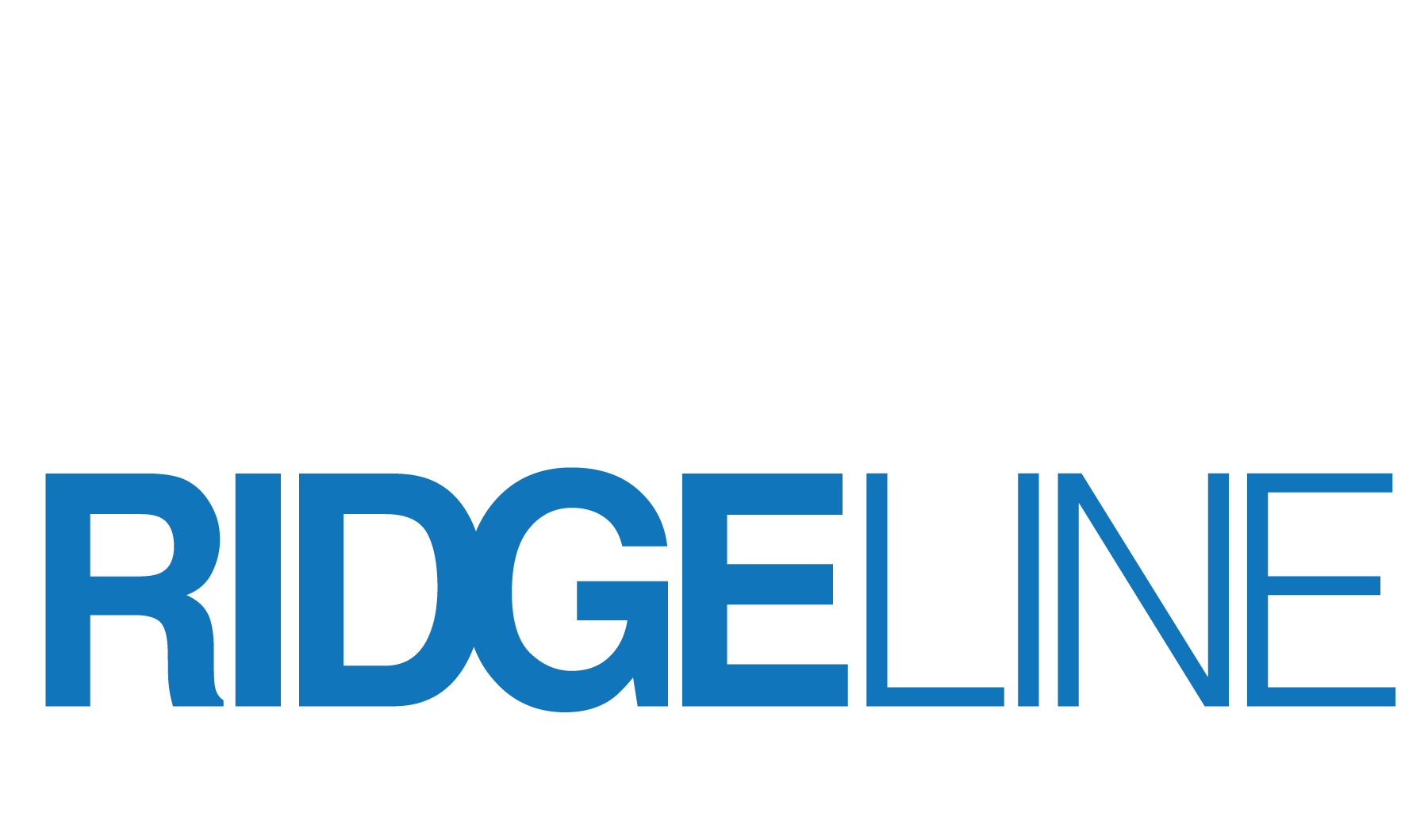How to Avoid Rental Scams
How to avoid a rental scam
Avoiding Rental Scams
Navigating the rental market can be daunting, especially with the increasing prevalence of rental scams. According to the Federal Trade Commission, rental scams affect thousands of people in the United States each year, with losses amounting to millions of dollars. Whether you're looking for a cozy apartment in the heart of the Great Falls or a charming suburban home, it's crucial to know how to avoid rental scams. This blog post will guide you through practical strategies to safeguard yourself.
1. Verify Listings and Landlords
One of the most effective ways to avoid rental scams is to verify both the listing and the landlord. Scammers often create fake listings with too-good-to-be-true offers to lure unsuspecting renters.
Practical Tips:
- Online Verification: Use reputable websites and platforms for your rental search. Platforms like Zillow and Realtor.com have measures in place to detect fraudulent listings. Look for properties with multiple verifications.
- Offline Verification: Arrange to meet the landlord in person. This face-to-face interaction can provide additional assurance of the landlord's legitimacy.
Example: Jane was looking for an apartment in San Francisco and found a seemingly perfect listing. Before sending any money, she requested an in-person meeting with the landlord and asked for additional photos. This extra step revealed inconsistencies in the listing, saving her from a potential scam.
2. Conduct Thorough Research
Conducting thorough research is another vital strategy to avoid rental scams. This involves checking the property's history and the landlord's credibility.
Practical Tips:
- Online Research: Use Google Maps to verify the property's existence and location. Additionally, search for reviews or any news related to the address or landlord/property management company.
- Offline Research: Talk to local businesses or the local real estate association if possible. They can provide insights into the property and the landlord/property management companies reliability.
Example: Tom wanted to rent a house in Austin. By speaking with the local realtor association during a visit, he learned that the house had been on the market for years and the "landlord" was a known scammer.
3. Avoid Upfront Payments
Scammers often request upfront payments before allowing you to see a property. This is a red flag and a common tactic in rental scams.
Practical Tips:
- Online Transactions: Use secure payment methods that offer buyer protection, such as credit cards or verified platforms like PayPal.
Example: Sarah was asked to wire money to view a rental in Miami. Instead, she requested to view the property before payment, which prompted the "landlord" to disappear, confirming her suspicions of a scam.
4. Trust Your Instincts
Finally, trust your instincts when something feels off. If a deal seems too good to be true or if a landlord is overly pushy, it’s a sign to proceed with caution.
Practical Tips:
- Online Alerts: Set alerts for similar properties to compare prices and features. This can help you determine if a deal is unusually cheap.
- Offline Intuition: During property visits, observe the condition of the property and neighborhood. If something feels wrong, trust your gut.
Example: Alex was visiting a rental property in Chicago. The landlord was in a rush to close the deal and refused to show identification.
Trusting his instincts, Alex walked away, later finding out the property was not legally available for rent.
Conclusion
Avoiding rental scams requires vigilance and a proactive approach. By verifying listings and landlords, conducting thorough research, avoiding upfront payments, and trusting your instincts, you can significantly reduce your risk of falling victim to scams. Remember, your safety and peace of mind are paramount. Stay informed and cautious to ensure your rental experience is a positive and secure one.













